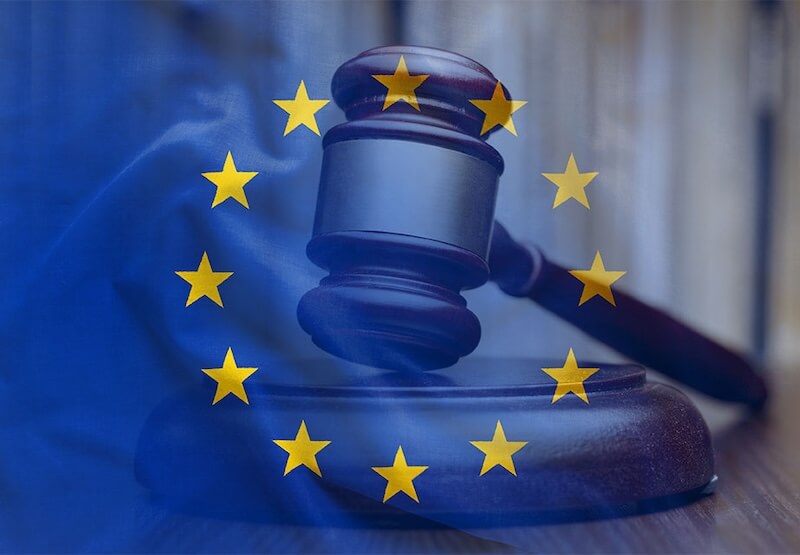The European Commission is actively exploring avenues to alleviate the regulatory burden on AI startups navigating the complexities of the European Union's AI Act. This initiative, detailed in an internal document called the "AI Continent Action Plan," reflects a broader effort to streamline EU regulations amid increasing concerns from businesses about excessive bureaucracy hindering innovation. EU tech chief Henna Virkkunen is expected to present the proposal on Wednesday, April 9, 2025.
The EU AI Act, approved last year, positions the bloc as a global leader in AI regulation, contrasting sharply with the U.S.'s voluntary compliance model and China's state-controlled approach focused on social stability. Under the AI Act, high-risk AI systems face stringent transparency obligations, while general-purpose AI models are subject to lighter requirements. This latest move indicates the EU's commitment to balancing oversight with fostering innovation, particularly for startups operating within the intricate regulatory landscape.
The Commission aims to leverage initial implementation insights to identify measures that could simplify compliance, particularly for smaller innovators. This includes gathering feedback on the regulatory challenges faced by startups under the EU's AI laws to address concerns about compliance costs and administrative burdens. The "AI Continent Action Plan" emphasizes reducing potential compliance hurdles, especially for smaller companies and building on insights from the ongoing implementation phase to simplify rule application.
EU regulatory frameworks follow a consistent evolution pattern. The EU Commission's move to reduce AI Act compliance burdens follows a predictable cycle in the EU's approach to emerging technology regulation. This pattern first emerged with GDPR, which was enacted in 2018 as a comprehensive framework before subsequent adjustments were made based on implementation feedback. With the AI Act set to come into force on August 1, 2024, the EU is demonstrating its consistent approach: first establishing a comprehensive framework, then refining the implementation based on real-world feedback. This regulatory cycle reflects the EU's deliberate balancing act, establishing itself as a global standard-setter for ethical technology while remaining responsive to practical implementation challenges faced by businesses. The adaptation phase is particularly critical for startups, as research shows that 50% of EU-based AI startups believe the AI Act may hinder innovation in its current form.
The AI Act categorizes AI systems into four risk levels: unacceptable risk (banned AI practices), high risk (AI used in critical sectors), limited risk (AI systems with transparency obligations), and minimal or no risk (no specific regulatory obligations). This risk-based approach determines the extent of compliance required.
To support innovation while ensuring compliance, the AI Act introduces Regulatory Sandboxes—controlled environments where AI developers can test new technologies while working closely with regulators. These sandboxes provide SMEs with guidance on meeting AI Act compliance requirements, opportunities to refine AI models in a controlled safe environment without immediate regulatory consequences and collaboration with national supervisory authorities and regulation experts to address compliance challenges.
The regulatory adjustment for startups acknowledges a competitive risk, as studies show that significant portions of European AI startups have considered relocating outside the EU due to regulatory concerns. These differing approaches will likely influence where certain types of AI innovation flourish, with each regulatory environment creating different incentives and constraints for developers.

















